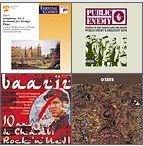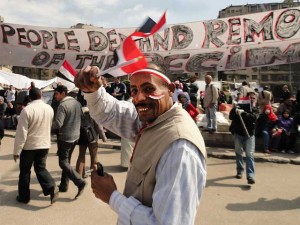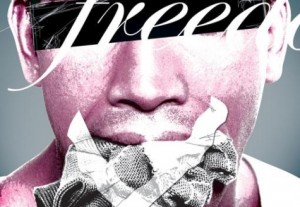 Scholars at Risk monitors reports of threats to academic freedom and higher education communities worldwide, including media articles, blogs, opinion pieces and other announcements. Unless otherwise indicated (such as in articles written by SAR), the language and views contained in the search results reflect those of the originating author and/or publication and do not necessarily represent the views of Scholars at Risk or its members, affiliates, board or staff. Archived media reviews are available here.
Scholars at Risk monitors reports of threats to academic freedom and higher education communities worldwide, including media articles, blogs, opinion pieces and other announcements. Unless otherwise indicated (such as in articles written by SAR), the language and views contained in the search results reflect those of the originating author and/or publication and do not necessarily represent the views of Scholars at Risk or its members, affiliates, board or staff. Archived media reviews are available here.
——————————————————-
Russian Professors Jailed For Selling Secrets To China
Radio Free Europe, 06/22
Scholars at Risk calls for letters on behalf of Mr. Abdolfattah Soltani of Iran
Scholars at Risk, 06/20
U. of Nebraska Professor Reportedly Is Detained While on Study-Abroad Trip to China
The Chronicle of Higher Education, 06/18
Anger Builds Over Dismissal of University of Virginia President
Richard Pérez-Peña, New York Times, 06/18
Khartoum University: heartbeat of the Sudanese revolution
Sudanese Online, 06/18
Continue reading




